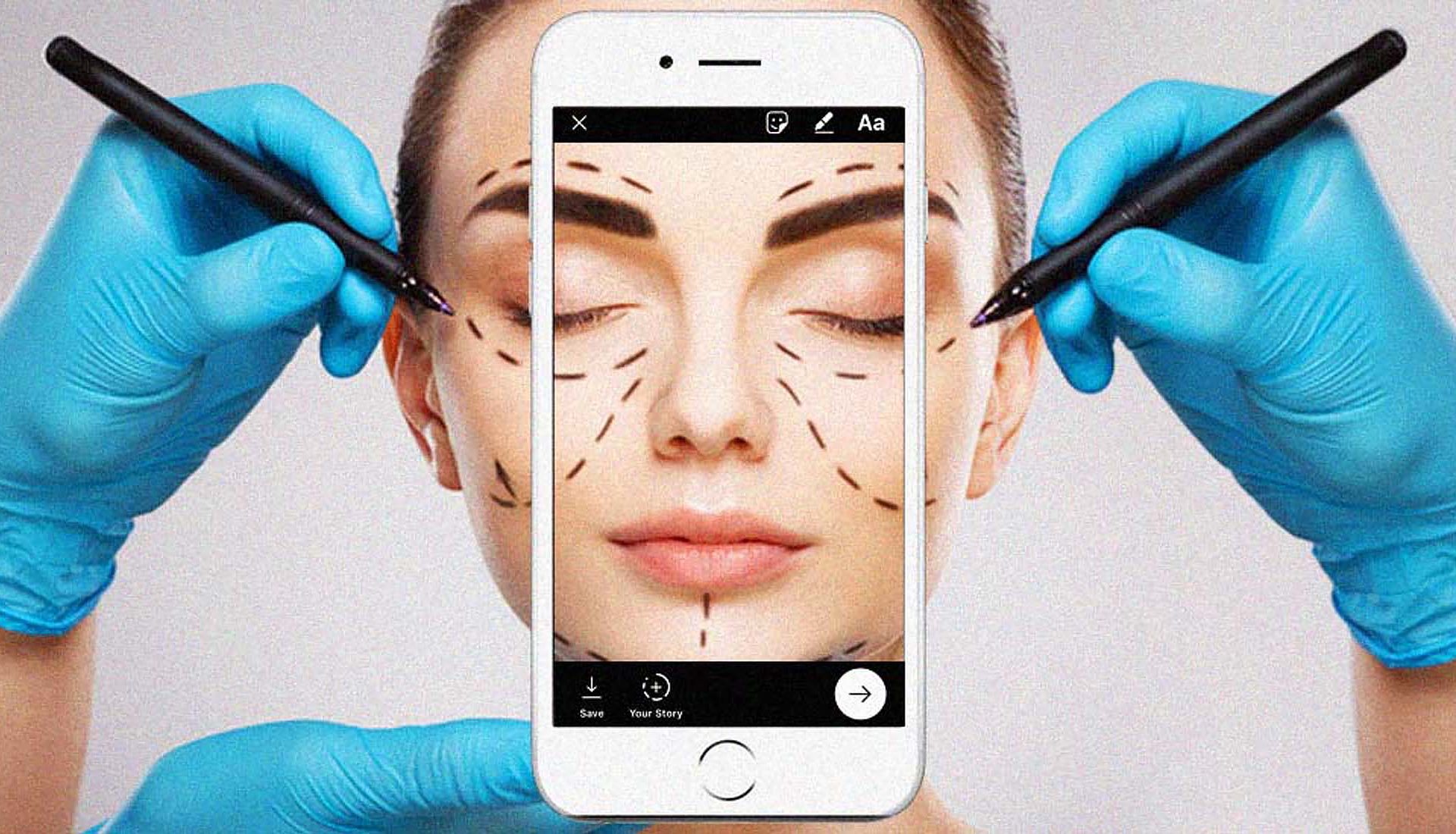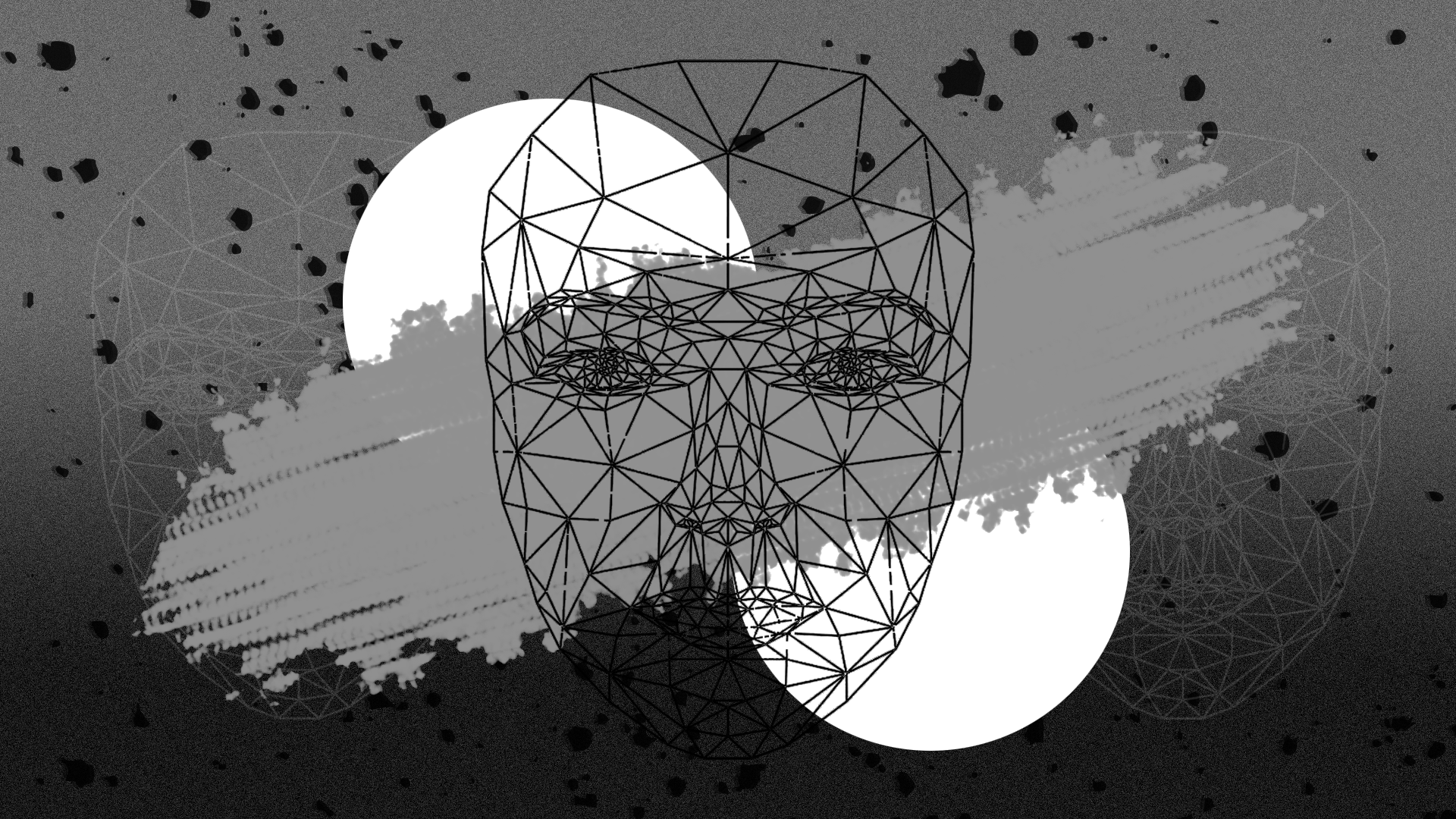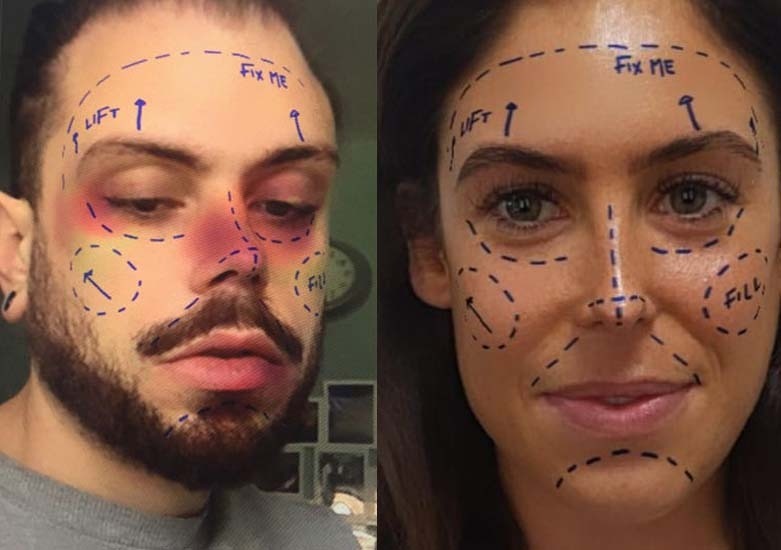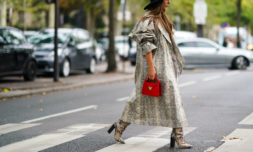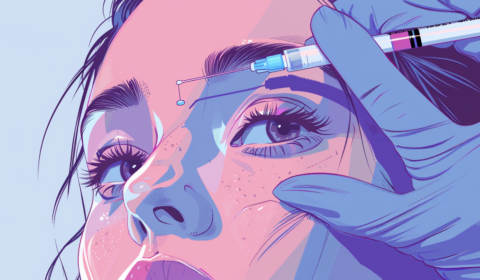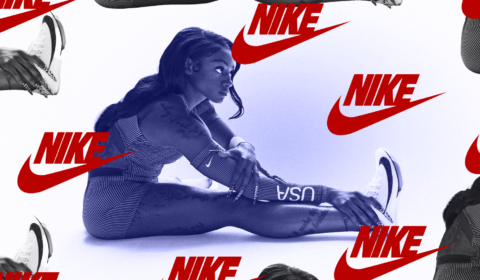The social media giant is increasing its efforts to counter Insta-dysmorphia.
We recently wrote an article about Instagram finally taking a stand against the promotion of diet culture on its platform to protect susceptible users from potentially dangerous self-medicating. Now, to further counter ‘Insta-dysmorphia,’ an unhealthy trend that sees people comparing themselves to surgically altered celebrities and face tuned influencers, the app is banning filters that entertain the idea of a fake aesthetic.
Since the Spark AR feature debuted earlier this year, many of us have delighted in seeing what we might look like with smaller noses, reconstructed jaws, and a larger pout, defended by its creators as ‘artwork,’ or ‘just a bit of fun.’ But it’s having an undeniable effect on our self-esteem.
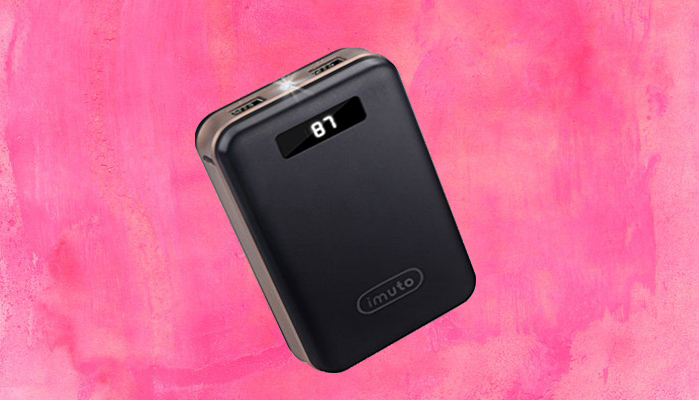

A 2018 study asked 220 women to view a set of appearance-‘ideal’ images. Results of a survey taken after the study showed that seeing these images led to greater feelings of body and face dissatisfaction from almost all of the participants. ‘Exposure to idealised Instagram images (attractive peers) has a detrimental impact on body image,’ one of the medical scientists who conducted the study confirmed. Combine this with the opportunity to totally transform your face and the outcome is bound to intensify.
It comes as no surprise then that wellbeing concerns have been voiced regarding the popularity of these filters and the negative connotations behind them. In allowing literally anyone to publish their own augmented reality effects, ignoring what it might mean for our perceptions of beauty, has Spark made a critical error?
Personally, I believe that they have. Bearing in mind that we already know a great deal about how damaging social media can be in terms of making us feel inadequate, you’d think that they would consider it a priority to put our wellbeing first. However, the fact that digital designer Teresa Fogolari’s ‘Plastica’ filter has been used over 200 million times and still hasn’t been removed, simply proves that they don’t. Well, until now.
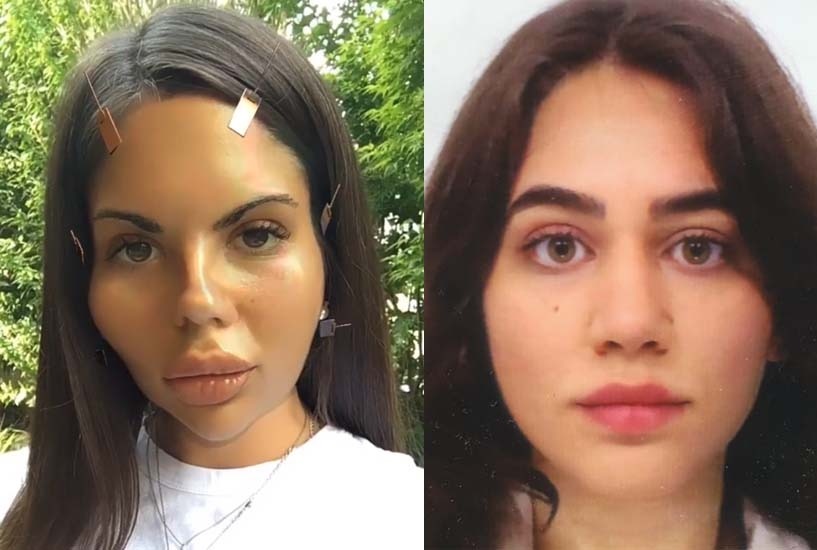

‘We want Spark AR effects to be a positive experience and are re-evaluating our existing policies as they relate to wellbeing,’ PR reps said in a statement before mentioning that they’d also be taking down all effects associated with plastic surgery and postponing the approval of new ones.









